06/04/20
UNIVERSITY HOSPITAL BECOMES FIRST NEW JERSEY HOSPITAL TO PERFORM WATCHMAN CARDIAC PROCEDURE SINCE THE START OF THE COVID-19 PANDEMIC
As cases of COVID-19 continue to decrease in Newark and across the state, and hospitals are no longer inundated with virus patients, healthcare institutions are beginning to find their “new normal.” For University Hospital, as part of its Care Around the Clock program, new procedures are in place to protect patients and the public, and they can now return for acute medical needs, elective procedures, and routine care at the hospital’s various care centers.
The City of Newark has suffered under COVID-19, and University Hospital has stood united with the city throughout, treating members of the community who have contracted the virus. Also
throughout the pandemic, the Hospital has continued to serve the other non-COVID serious health needs of the Greater Newark area, and was recently the first hospital in New Jersey to insert a WATCHMAN device, designed for patients suffering from atrial fibrillation (AFIB), since the start of the pandemic.
In late May, the fate of an elderly Newark man weighed in the balance, as Cardiac Electrophysiologist Emad Aziz, MD, FACC, FHRS, considered the patient’s options to treat unyielding gastrointestinal (GI) bleeding, while addressing the preventative care for his chronic AFIB. The internal bleeding became an issue because of blood thinners prescribed to prevent blood clots caused by AFIB, and to reduce the chance of any clots going to the brain and causing a stroke.
The WATCHMAN Device is a tiny plug that is used to cap off part of the heart where clots traditionally form, and is inserted as part of a minimally invasive surgical procedure. The procedure allows AFIB patients to return to a life without blood thinners. After discussions with cardiology and hematology teams at University Hospital, all parties, including the patient, agreed that the WATCHMAN was needed to prevent ongoing internal bleeding and the potential of a stroke.
“Blood thinners, in conjunction with the patient’s cardiac history, chronic anemia and hemophilia, made his abdominal bleeding nearly impossible to manage and it became more life-threatening than the stroke risk mitigated by the blood thinners,” said Dr Aziz, who has performed hundreds of intricate cardiac procedures, including the WATCHMAN. While the State was scheduled to allow elective procedures to resume on May 26, this case was deemed an essential procedure and was performed without delay.
“The WATCHMAN procedure went perfectly, only took 18 minutes, and the patient went home the next day and is doing quite well. This is truly a life-saving procedure for even the most complicated cardiac patient,” explained Aziz. “This procedure demonstrates that University Hospital is fully open and patients can be confident that the hospital is a safe environment to return to for all types of care,” said Shereef Elnahal, MD, MBA, President and CEO of University Hospital. It is procedures like this that show that University Hospital is always there to perform Care Around the Clock.”
